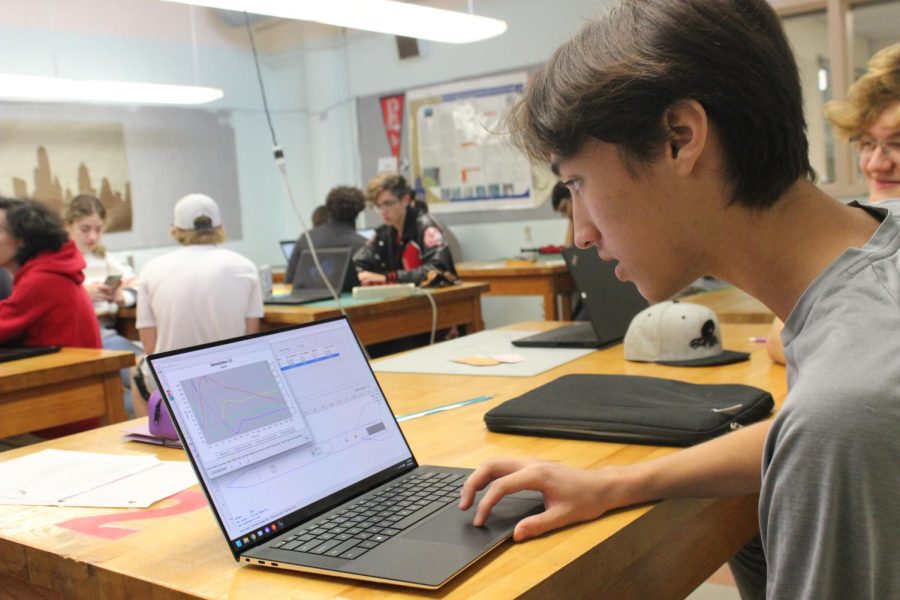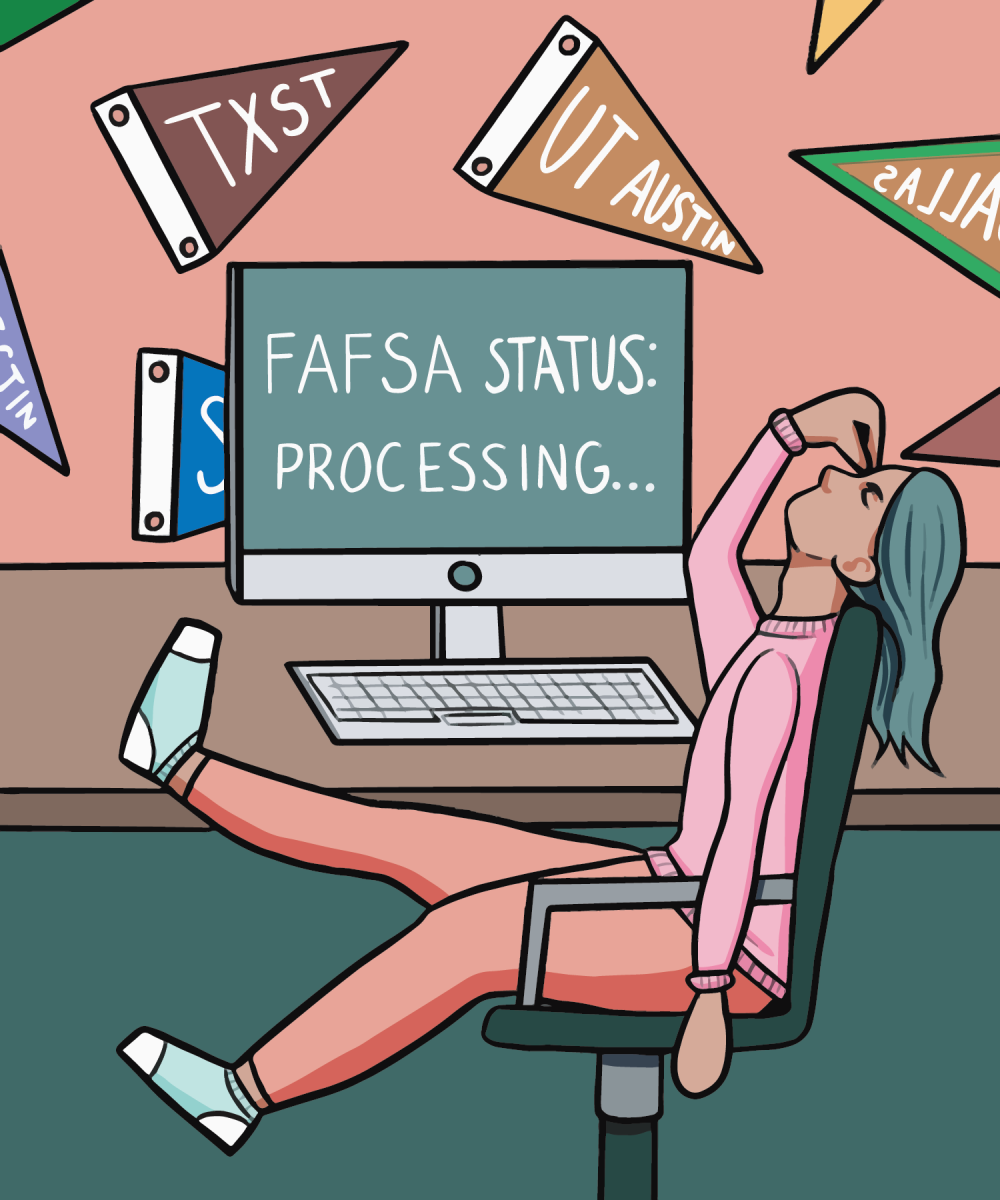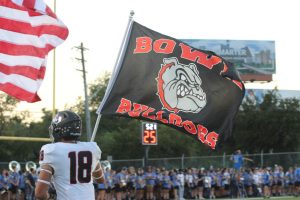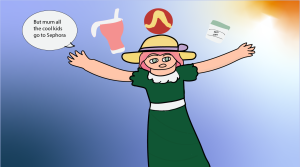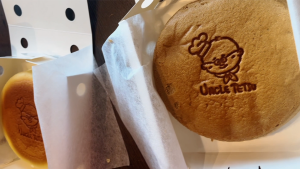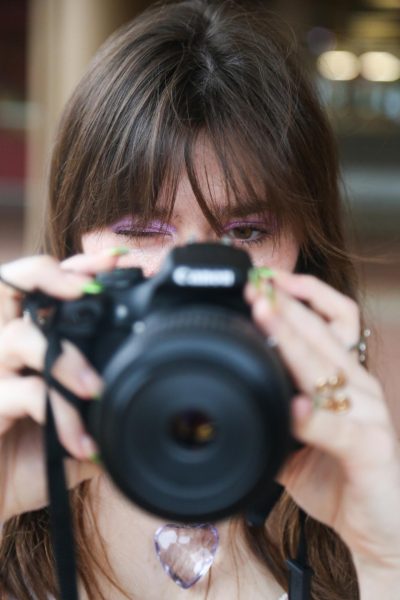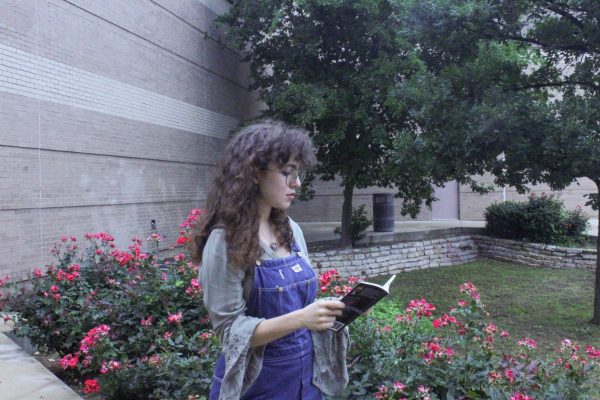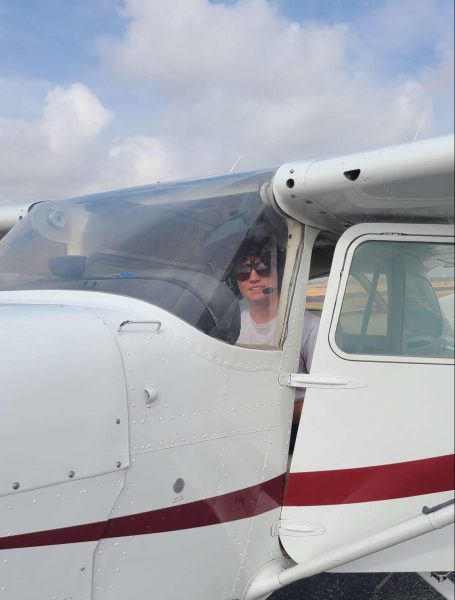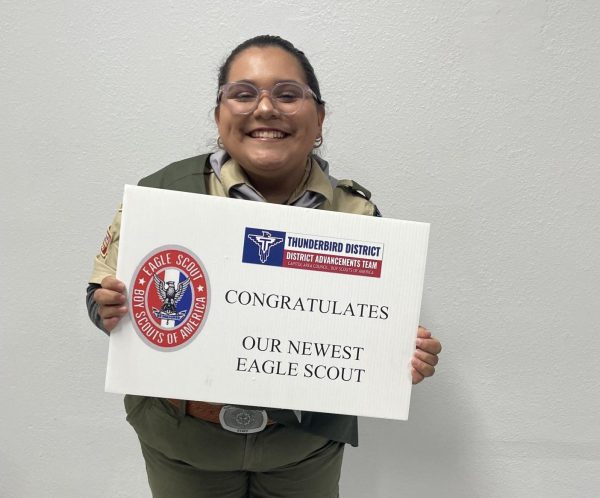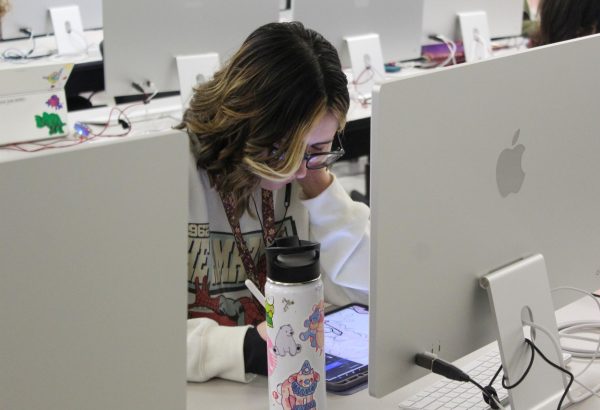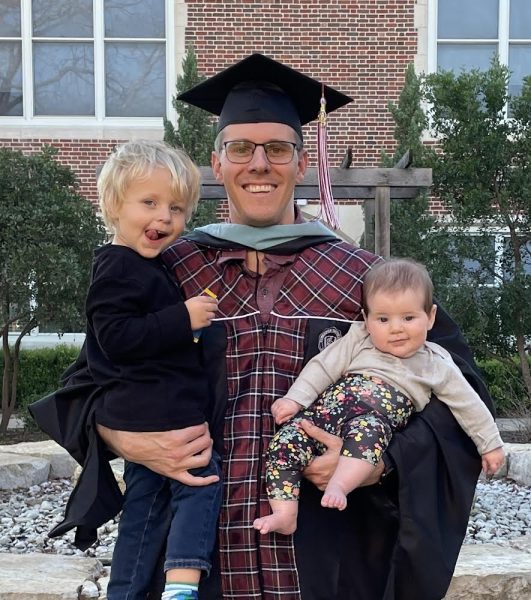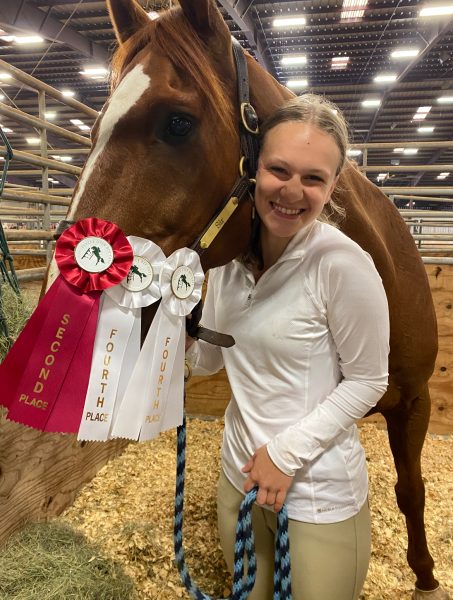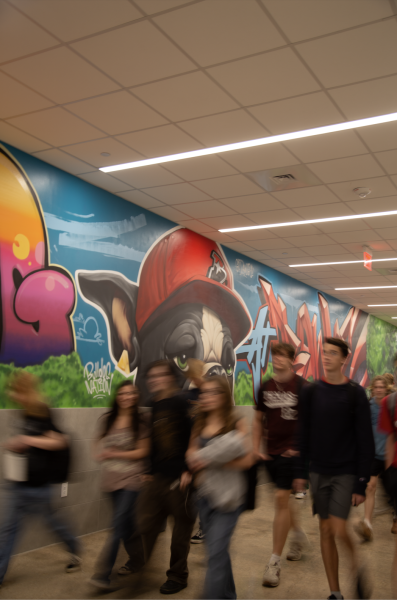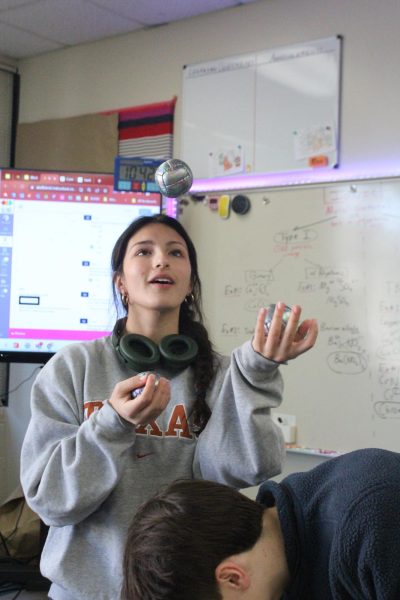Rocketry club blasts off to competition
Students join together to create rockets to compete in the American Rocketry Contest
SIMULATION SUCCESS: Senior and founder of the rocketry club, Riley Peterson works with a rocket simulation to help track the success of his product. Peterson founded the club with the help of senior Laura Latt, in hopes to compete in the American Rocketry Contest in the spring.
December 21, 2022
Holding their breath, the rocketry club anxiously watches their rocket launch into the air, hoping they constructed it to the level of perfection required for its success.
Senior Riley Peterson has been interested in aerospace engineering since he was young. His passion for the subject led him to create the Bowie Rocketry Club which is meant for students interested in similar engineering specializations.
“We had two goals going into it. One was that we were going to make more advanced model rockets,” Peterson said. “They’re called thrust vector control model rockets. But now we’ve kind of shifted over towards trying to attend what’s called the American Rocket Contest where we’ll be competing nationally against other teams similar to us.”
Creating an entirely new club from scratch can be a daunting task, especially considering the demanding nature of building rockets. However, Peterson was granted some aid from senior Laura Latt.
“Riley is always talking about what he’s doing on the weekends, which is building rockets,” Latt said. “We all got really interested in what he was doing and he came up with the idea to create a club. I helped him come up with the prerequisites for the club, and what types of math and science courses potential members should consider taking, in order to prepare them for the rigorousness of building rockets.”
Though Peterson’s interest in aerospace engineering is what inspired the club, some members are new to the engineering branch.
“I had never touched anything with aerospace prior to the club,” Latt said. “It’s been difficult, but I’m getting help from my team members. It’s all worth it.”
Before the newly founded club could begin to experiment with construction, they were handed the task of finding a place for the club to meet and work. Engineering teacher Christopher Redmond opened his room up to the club on Tuesday afternoons to allow them to workshop their ideas.
“I have not aided the club more than providing them a space to meet. This is all perpetuated by the club itself,” Redmond said. “I’m there to sort of bounce ideas off of every now and again. I’m also just there to watch and help whenever they have questions I can answer.”
This club is awesome. The skills they are acquiring by tackling projects they are putting on themselves is very valuable.
— Christopher Redmond, Engineering Teacher
Aerospace engineering requires an extensive amount of research, above what is offered in the typical high school education, forcing Peterson to acquire the necessary knowledge on his own terms.
“I had to learn a lot about control theory specifically. There are a lot of MIT lectures posted online that I watched and learned from,” Peterson said. “It’s important to find a mentor. Email professors, or grad students at universities and they should be able to help you out. Half the battle is just doing the research needed for the process.”
The club’s primary goal for the year is to attend and do well at the American Rocketry Contest, a national competition where various student teams compete to win a $30,000 prize. The contest is structured similarly to an egg drop challenge, where the rocket will be expected to reach a certain altitude and then return to the ground with the attached egg still intact.
“Riley really believes in us, which is why he entered us into the competition. And honestly, I believe in us too,” Latt said. “With Riley’s motivation and passion, he can really help us to be at his level. So right now we’re just signing up and we’re going to enter our first launch to officially join the contest and compete in April. It’s super exciting.”
The competition will be difficult, and the team is working hard to prepare for the taxing process to come.
“They are extremely ambitious. The club is doing this all on their own,” Redmond said. “The club found the competition to enter in and started designing this rocket. They have taken this all upon themselves and it’s really cool to watch them do this and have this level of aspiration. They are tackling something that is hard, there is a lot of challenging mathematics and design that they have to do. They have to solve these problems themselves, it’s awesome.”
With the contest approaching in about six months, the club recognizes how lengthy the process of building a rocket can be.
“We’re busy right now, we’re seniors with college applications. But after we finish those, we’re going to spend pretty much all our time working on it,” Latt said. “We haven’t started yet, but when we do, it’s going to be good and I’m super excited for it. I’m super excited. It’s a lengthy process, but we’re patient so we’re willing to put that much time into this.”
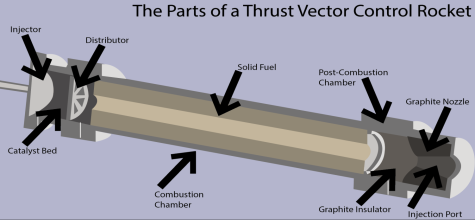
Aerospace engineering requires the members to be extremely attentive to ensure the perfection of their products. When it comes to rockets, one mistake can result in their work blowing up.
“There’s so much coding and you have to consider all the components that’s going to be in the rocket, so the mechanical engineering part of rocket building is very lengthy,” Latt said. “There’s so many components and it all has to be super precise. Then there’s also test trials. If something doesn’t work out, you have to redo it again.”
Due to their outside commitments, the club can only meet once a week, leaving little time to complete their work. Additionally, they have to learn how to do the science and math required.
“We have a good time communicating with each other, but getting stuff done is really hard because we’re also doing school at the same time,” Latt said. “Riley is also teaching us everything at the same time while we’re in school. So it can get kind of confusing, but in the end we make it work.”
With the limited work time the club is allotted, they have learned to make their meetings as productive and efficient as possible.
“I love spending time with the team members. It’s a short amount of time but I have so much fun learning, and just talking about how we’re going to accomplish this task,” Latt said. “It’s really good team bonding.”
Alongside managing the time-consuming nature of the club, the cost of constructing a rocket has proved to be an obstacle for the club.
“It is crazy expensive,” Peterson said. “I and a lot of the club members had to get outside jobs to help pay for the costs of parts and tools. We all contribute money to the project.”
With all the different components that go into creating the rocket, each club member has a different role they are responsible for.
“My part of designing a rocket is using a program called Autodesk Inventor to create a holder for the computer,” Latt said. “Basically, I do a lot of mechanical engineering. So the building aspect is what I’m in charge of in the club. It’s really expanding my knowledge and giving me more experience with building in general.”
Aerospace is a really interesting specialization of engineering. I think it’ll be helpful to have this knowledge for my future.
— Laura Latt, Senior
Though the club’s primary goal is to do well in the contest, they are also focused on generally expanding their knowledge.
“We’re not just going to focus on the contest rocket but also other side projects to help expand our knowledge with rockets,” Latt said. “It’s a really interesting specialization of engineering. Aerospace isn’t what I want to major in, but I think it’d be helpful to have that knowledge for what I do want to do in the future.”
The experience the members gain from their club work provides valuable groundwork and lessons leading into college.
“This club and these projects are awesome. They have a lot of career opportunities that could come from this,” Redmond said. “The experience and meeting like minded people out in the field is going to be extremely valuable and the skills that they are acquiring by tackling projects that they are putting on themselves, is very valuable. It’s a neat set of habits and lessons in self motivation.”
Though the process has been taxing, the members urge other students interested in aerospace engineering to consider joining the club.
“It’s going to take a while to learn,” Latt said. “You have to test and try things, patience is key. You never have to do it alone, there’s always someone there to help and make the process more fun. It’s a really good chance to gain experience.”


